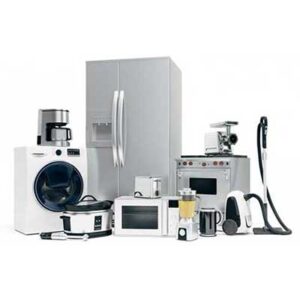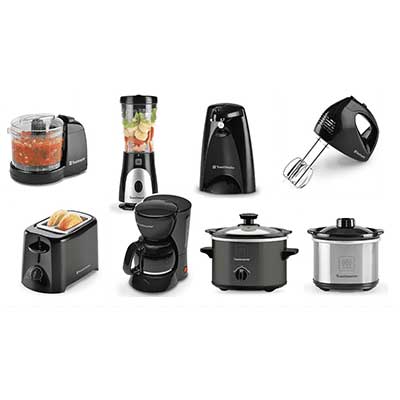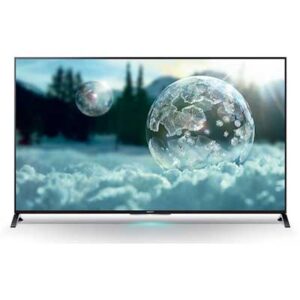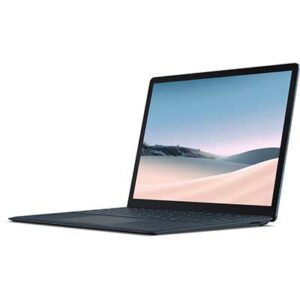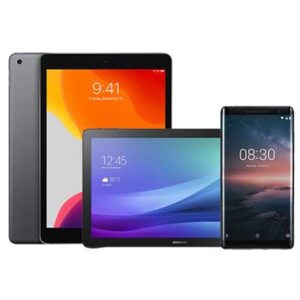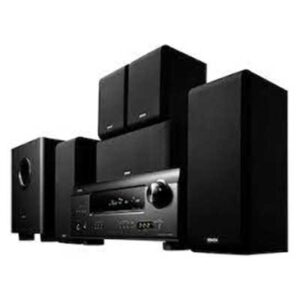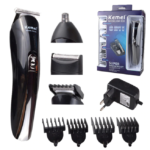Everything You Need to Know About Smart TVs Leave a comment
With the quick development of technology, smart TVs are already a common fixture in many homes. These sophisticated TVs provide a wealth of features and skills that go above and beyond what is often seen on TV. You may have some inquiries if you just acquired or are thinking about purchasing a smart TV. We’ve collected a selection of commonly asked questions (FAQs) and answers to assist you navigate the world of smart TVs.
1. What exactly is a smart TV? A smart TV is a television that is online and has functionality beyond what is typically shown. Users may connect to other devices, surf the web, use applications, and stream online content. In essence, it combines the capabilities of a computer with a television in a single apparatus.
2. What advantages come with buying a smart TV? Compared to conventional televisions, smart TVs provide a number of benefits. Some advantages include the ability to mirror or cast material from your smartphone or other devices, access to a large selection of entertainment, news, and productivity applications, and the ability to stream video from well-known services like Netflix, Hulu, and YouTube.
3. How can I use my smart TV to access the internet? The majority of smart TVs are equipped with Wi-Fi, enabling wireless access to your home network. Find the network or Wi-Fi options in the TV’s settings menu, choose your network, then input the password to connect. If your smart TV includes an Ethernet connector, you may also use an Ethernet cable to connect it to the internet.
4. Is a smart TV functional even without an internet connection? Even though smart TVs are built to be internet-connected for best performance, you may still utilise some of its capabilities without one. Through an antenna, you can view broadcast channels, and you can also play media from USB drives or other nearby sources on the TV’s built-in media player.
5. How can I download applications to my smart TV? The app stores for smart TVs allow you to download and install a variety of programmes. Depending on the model and operating system of your TV, the procedure could vary somewhat. Typically, you may enter the TV’s home screen or main menu to access the app store. Browse the available applications, choose the ones you want, then install them by according to the on-screen directions.
6. Can I use a smart TV to access the internet? Yes, the majority of smart TVs permit online surfing. They have built-in web browsers that let you access the internet via the remote control of your TV. The TV’s input restrictions, though, mean that the surfing experience may not be as easy or slick as on a computer or smartphone.
7. Can I link my smart TV to other devices? Yes, most smart TVs have a variety of connection possibilities. Through HDMI, USB, or other connections on the TV, you may connect gadgets like game consoles, Blu-ray players, soundbars, and external storage devices. This enables you to broaden your entertainment choices and take use of information from many sources.
8. How do I use a smart TV? Multiple methods of control are available for smart TVs. The majority of models come with a special remote control with buttons for navigation and quick access to frequently used features. Furthermore, a lot of smart TVs include voice control, enabling you to control the TV with voice commands. Some TVs now come with companion applications that enable you operate the TV from your tablet or smartphone.
9. How secure are smart TVs? Smart TVs are susceptible to security vulnerabilities just like any other internet-connected gadget. It is advised to maintain your smart TV’s software updated, use strong passwords for your accounts, and exercise caution when installing applications or clicking on dubious links in order to protect its security. Additionally, to encrypt your internet traffic and safeguard your privacy, you should consider utilising a virtual private network (VPN) and connecting your smart TV to a secure home network.
10. Can I stream information from my tablet or smartphone to my smart TV? Yes, the majority of smart TVs allow for screen mirroring or casting, which enables you to show material from your computer, tablet, or smartphone straight on the TV. You may stream films, images, and even play games on a bigger screen with the help of this function for a better viewing experience.
11. Does using a smart TV need a cable or satellite subscription? No, a cable or satellite subscription is not required in order to utilise a smart TV. Many streaming services and applications, especially those for smart TVs, provide a variety of material, including movies, TV series, documentaries, and live TV channels. However, a separate subscription could be needed for certain streaming services.
12. What distinguishes streaming devices from smart TVs? Access to streaming video, applications, and other services is available on both smart TVs and streaming devices like Roku, Apple TV, or Amazon Fire TV. The primary distinction is that although streaming devices are independent devices that link to your TV, smart TVs have these features incorporated right into the screen itself. If you have an older TV without smart capabilities or if you like a certain streaming platform, streaming devices can be a decent choice.
13. Can I utilise my smart TV with voice assistants? Yes, a lot of smart TVs can be used with popular speech assistants like Apple Siri, Google Assistant, or Amazon Alexa. This enables you to operate your TV using voice commands and accomplish actions like channel-switching, volume-adjusting, activating applications, or content-searching without having to use your hands.
14. How can I update the smart TV’s software? You may often find a “Software Update” or “System Update” option in the TV’s settings menu to update the software on your smart TV. Regularly check for updates, then download and install the most recent software version by following the on-screen instructions. New features, performance enhancements, and bug fixes are often included in software upgrades.
15. Can Bluetooth devices be connected to my smart TV? Yes, a lot of smart TVs include Bluetooth connection, enabling you to connect wireless speakers, keyboards, headphones, and other compatible devices. Depending on the linked device, you may be able to type more quickly or navigate more easily as a result.
16. What should I do if my smart TV is malfunctioning? You may attempt a few troubleshooting techniques if your smart TV is giving you problems. Unplug the TV from the power source, wait a few seconds, then plug it back in to restart it. Check your internet connection, update the TV’s software, or reset the TV to factory defaults if the issue doesn’t go away (remember that doing so will delete any customised settings and data). If none of these fixes the problem, getting in touch with the manufacturer’s customer service or getting expert help may be required.
The way we access information and enjoy entertainment has been revolutionised by smart TVs. They put a world of opportunities at your fingertips because to their cutting-edge features and internet access. You can maximise your watching experience and take advantage of the ease and adaptability your smart TV offers by learning the fundamentals and exploring its features.

